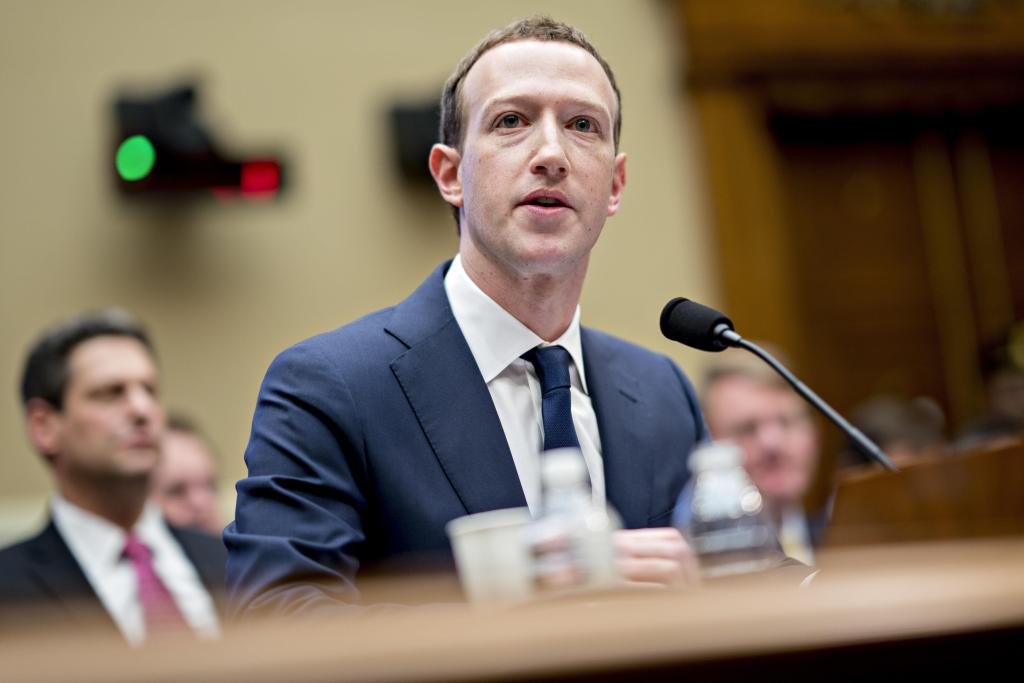Faced with ongoing criticism over just what his company does with its users’ personal data, Facebook Chief Executive Mark Zuckerberg took the op-ed page of the Wall Street Journal on Friday to clarify what he called “the principles of how we operate.”
![]() In his op-ed, which came out as Facebook approaches its 15th anniversary on Feb. 4, Zuckerberg said it has been “misreported” that the company sells the data of its approximately 2 billion users to outside advertisers or groups. He said part of the confusion involving Facebook and its user base comes from how it operates in order to keep its basic services free.
In his op-ed, which came out as Facebook approaches its 15th anniversary on Feb. 4, Zuckerberg said it has been “misreported” that the company sells the data of its approximately 2 billion users to outside advertisers or groups. He said part of the confusion involving Facebook and its user base comes from how it operates in order to keep its basic services free.
“You get our services for free — and we work separately with advertisers to show you relevant ads,” Zuckerberg wrote. “This model can feel opaque, and we’re all distrustful of systems we don’t understand.”
Zuckerberg went on to add that such a setup has created an environment where “people assume we do things we don’t do.”
“For example, we don’t sell people’s data, even though it’s often reported that we do,” he said. “In fact, selling people’s information to advertisers would be counter to our business interests, because it would reduce the unique value of our service to advertisers. We have a strong incentive to protect people’s information from being accessed by anyone else.”
Facebook has been subject to a wave of criticism over how it deals with the security and privacy of its users’ information since the it was revealed last year that the company had allowed Cambridge Analytica, a political consulting firm, to obtain access to the personal information of 87 million Facebook users.
In his op-ed piece, which ran for more than 1,000 words, Zuckerberg said he was open to new regulations that would codify how people’s information is used and set in stone the ability of individuals to control the usage of their personal data across the internet.
“Ultimately, I believe the most important principles around data are transparency, choice and control,” Zuckerberg said. “We need to be clear about the ways we’re using information.”










